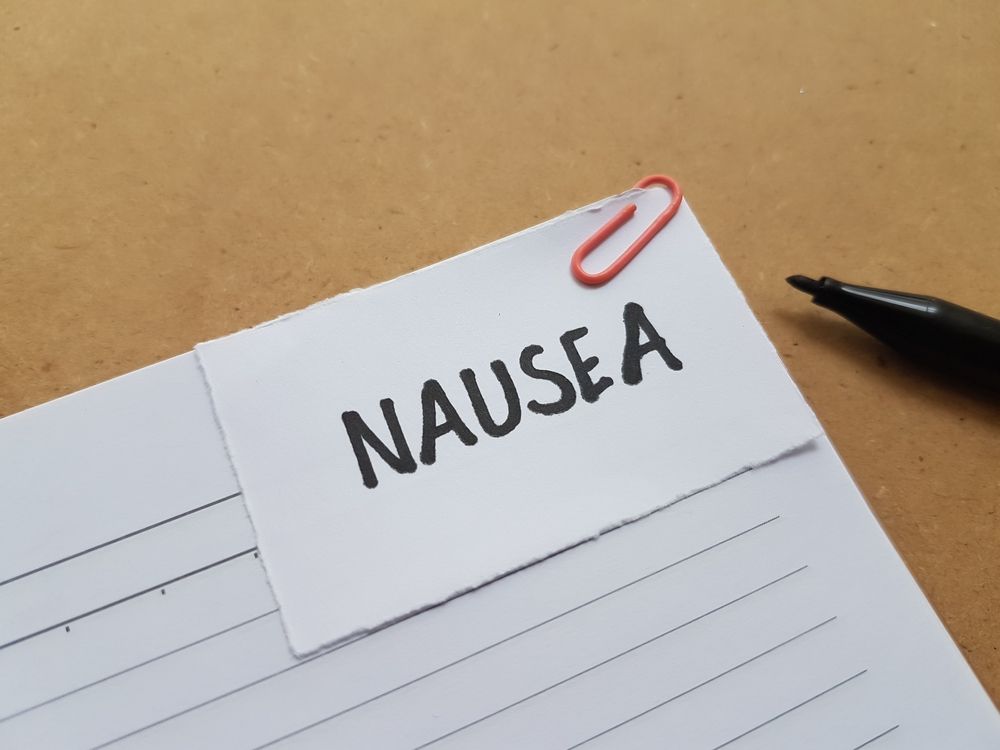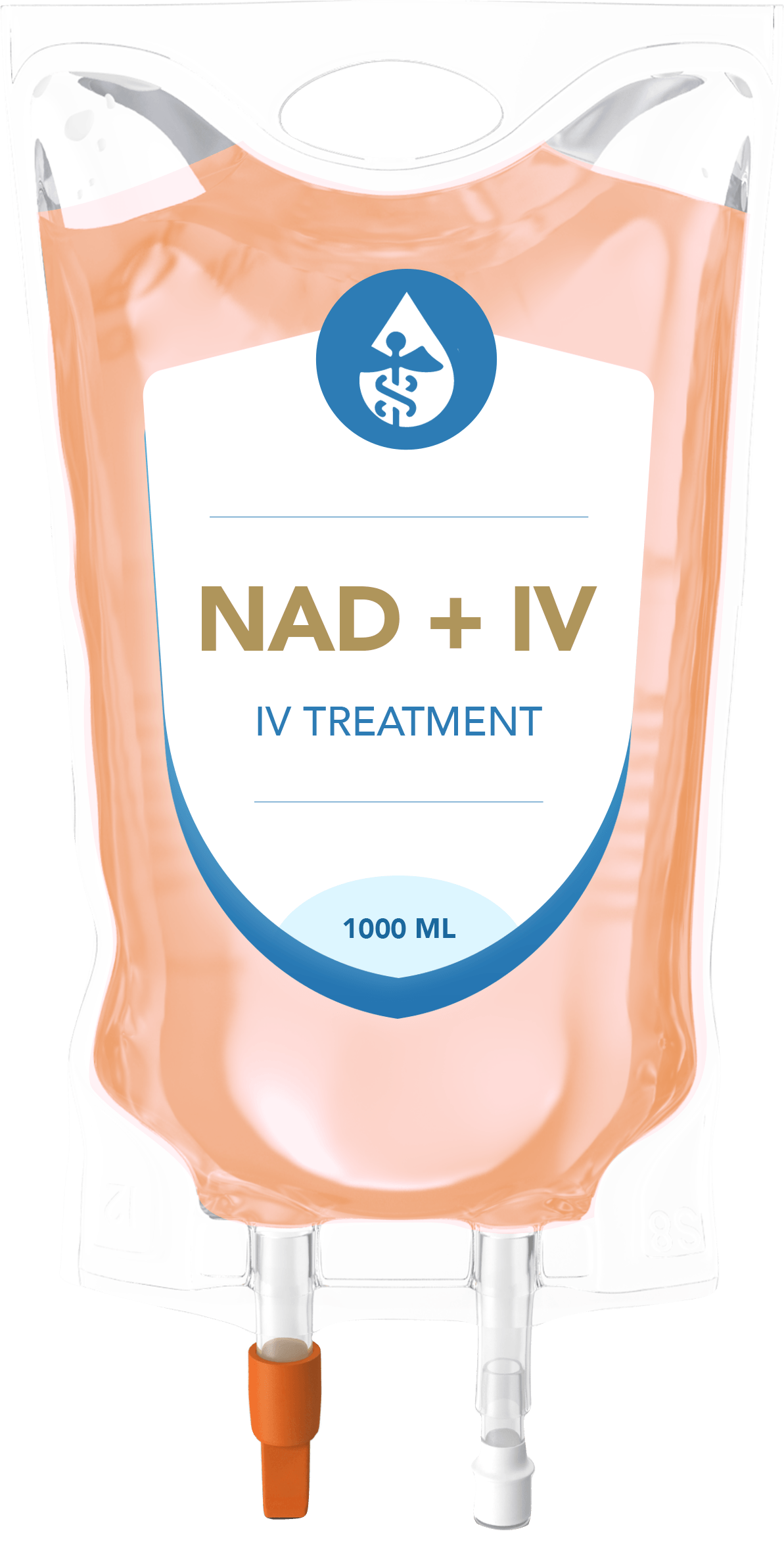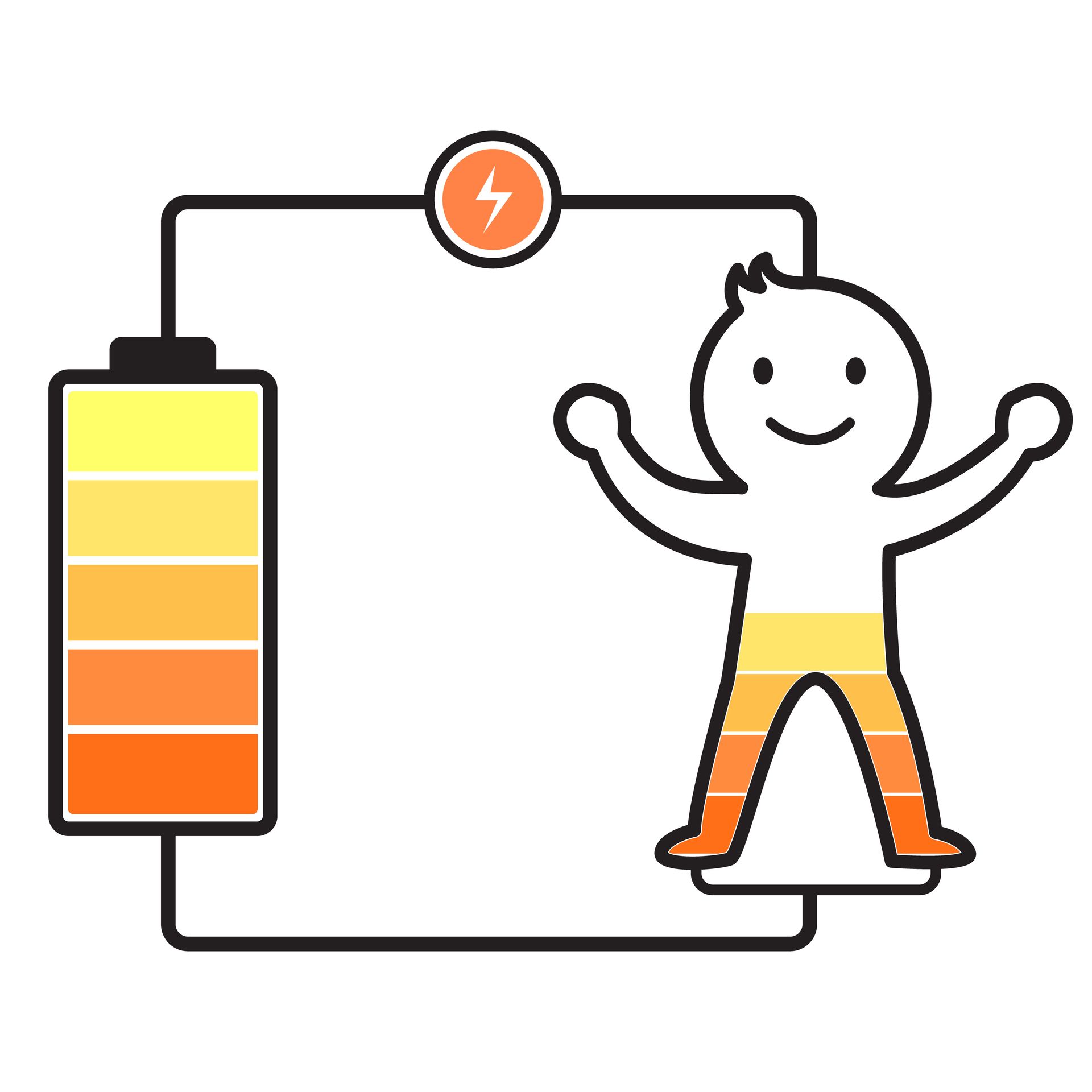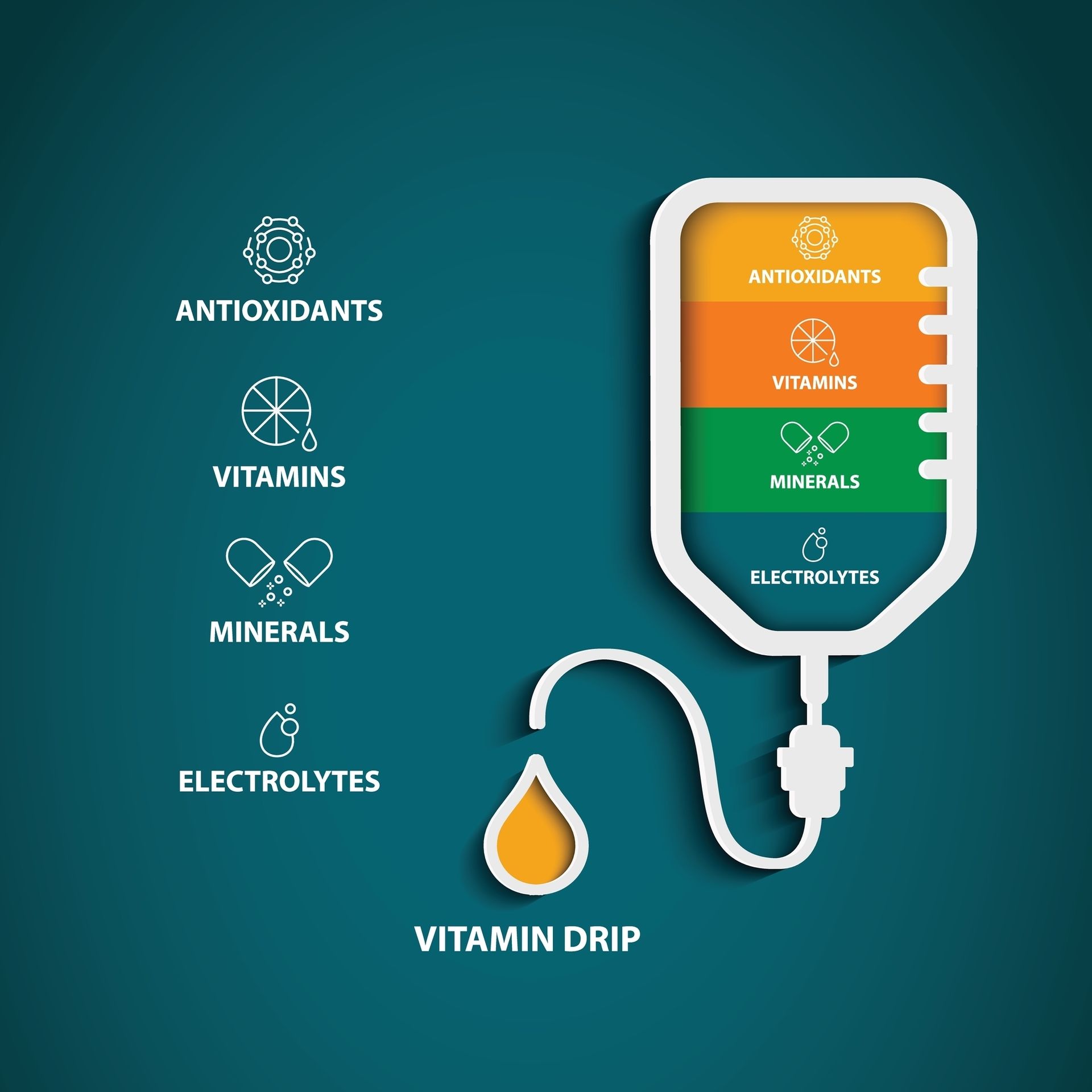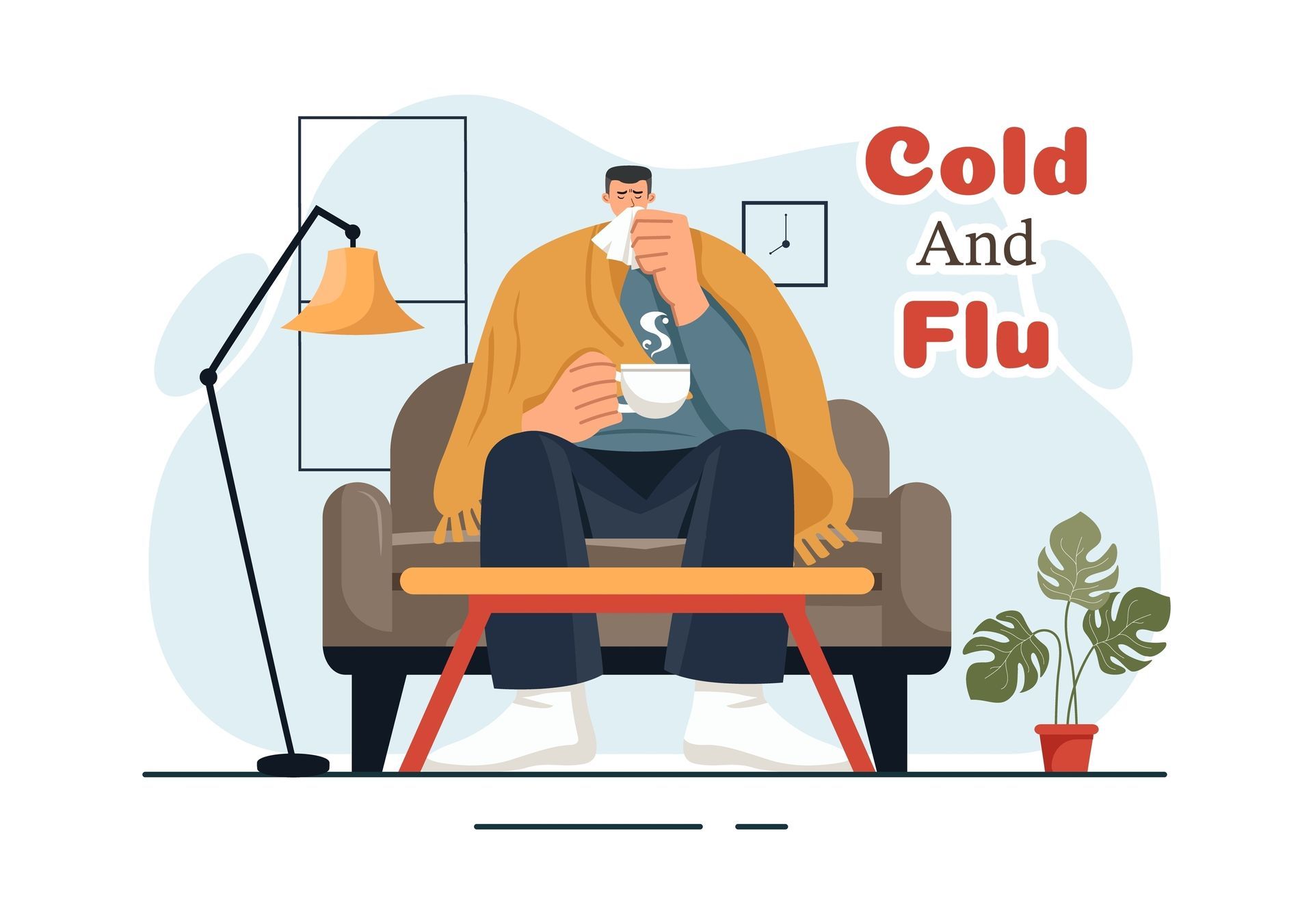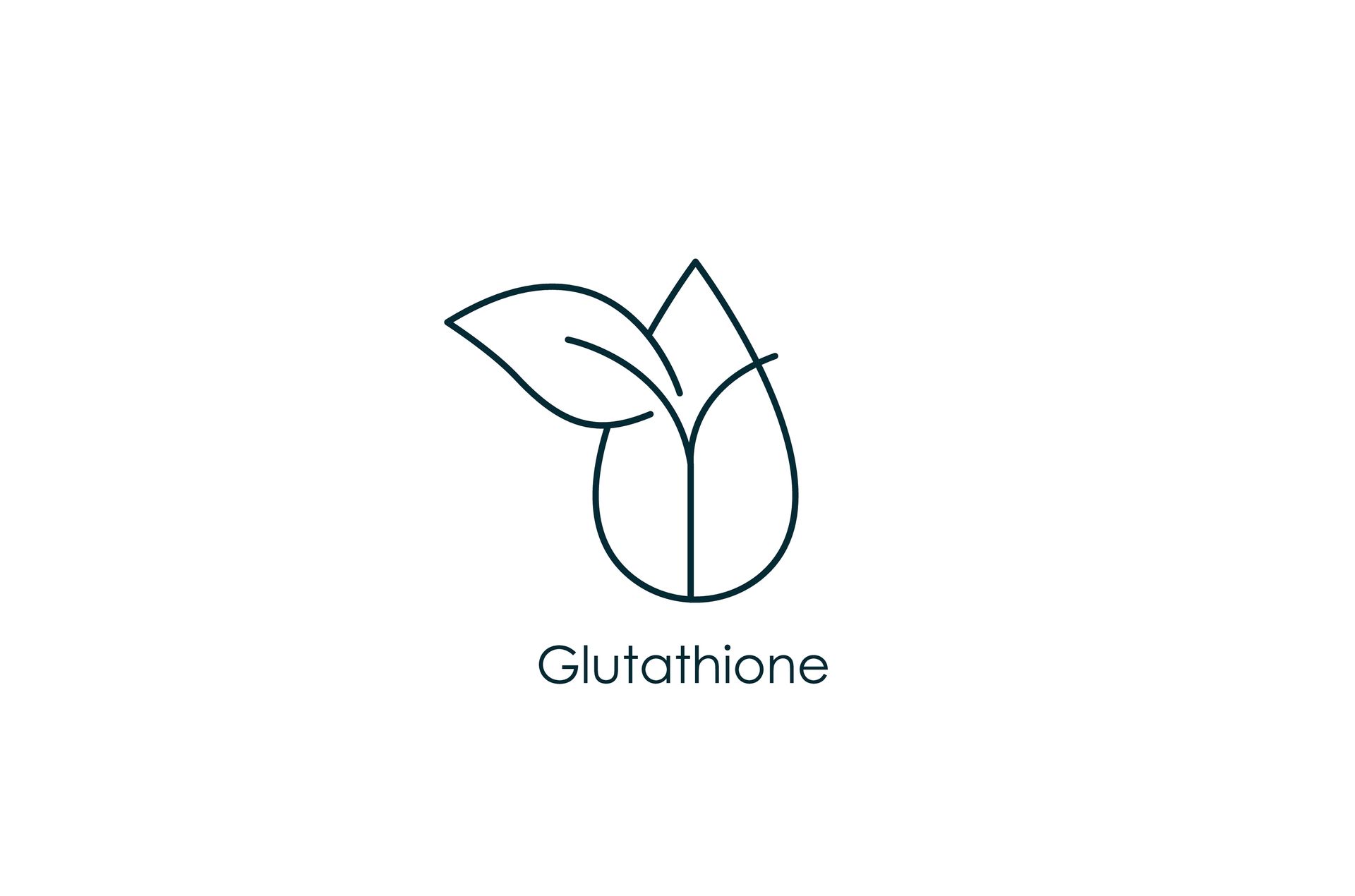Articles and Information
How Magnesium Supports Relaxation and Better Sleep

Magnesium is a vital mineral that plays a significant role in various bodily functions. Not only does it help maintain overall health, but it has also been linked to relaxation and improved sleep. In this article, we'll explore the multifaceted relationship between magnesium, relaxation, and better sleep.
Understanding the Role of Magnesium in the Body
Magnesium is one of the most abundant minerals in the human body. It is essential for over 300 biochemical reactions, including energy production, muscle contraction, and nerve function. Its pervasive presence in these critical processes makes it a mineral worth understanding and optimizing for health.
The Importance of Magnesium for Overall Health
Adequate levels of magnesium contribute to better overall health. It helps maintain normal heart rhythm, supports immune function, and aids in bone health. Studies suggest that magnesium can help manage blood sugar levels and has a role in preventing diseases such as hypertension and type 2 diabetes.
Moreover, maintaining sufficient magnesium levels can improve mood and cognitive functions, enhancing the quality of life. Hence, understanding how to incorporate this important mineral into your diet can be beneficial for both mental and physical health. Foods rich in magnesium include leafy greens, nuts, seeds, and whole grains, making it relatively easy to include in a balanced diet. For those who may struggle to get enough magnesium through food alone, supplements are also available, but it is advisable to consult a healthcare professional before starting any new supplement regimen.
The Connection Between Magnesium and the Nervous System
Magnesium plays a crucial role in maintaining nervous system health. It regulates neurotransmitter function, which is essential for communication between nerve cells. Additionally, magnesium helps reduce the overexcitement of neurons, preventing conditions related to anxiety and stress.
This calming effect on the nervous system is one way magnesium supports relaxation, making it easier to unwind after a long day. A well-functioning nervous system is fundamental for optimal relaxation and restful sleep. Research indicates that magnesium deficiency may lead to increased levels of stress hormones, which can exacerbate feelings of anxiety and tension. By ensuring adequate magnesium intake, individuals may find themselves better equipped to handle daily stressors, leading to improved emotional resilience and a more balanced state of mind. Furthermore, some studies suggest that magnesium may also play a role in the prevention of neurodegenerative diseases, highlighting its importance not only for immediate mental health but also for long-term cognitive function.
The Science Behind Magnesium and Relaxation
Research has shown a direct relationship between magnesium levels and relaxation. Understanding this connection helps clarify why magnesium is often recommended for those who struggle with stress and sleep issues.
How Magnesium Affects the Stress Response
Magnesium has been found to regulate the body's stress response system. It influences the hypothalamic-pituitary-adrenal (HPA) axis, which controls the release of stress hormones like cortisol. When magnesium levels are adequate, this system functions optimally, helping to mitigate the body's stress response.
Conversely, low magnesium levels can lead to heightened anxiety and stress reactions. This physiological response underscores the importance of this mineral for maintaining calmness and emotional stability.
Magnesium and Its Impact on Neurotransmitters
Magnesium is vital for the synthesis of important neurotransmitters, such as serotonin, which is known as the “feel-good” hormone. Adequate levels of serotonin can enhance mood and promote feelings of well-being.
Moreover, magnesium also helps regulate gamma-aminobutyric acid (GABA), a neurotransmitter that promotes relaxation and helps combat anxiety. Thus, ensuring sufficient magnesium intake may help in managing mood and overall emotional health.
Magnesium and Sleep Quality
The connection between magnesium and sleep quality is a topic of significant interest among researchers. Understanding how this mineral influences sleep can lead to practical steps for improving sleep habits.
The Link Between Magnesium and Sleep Disorders
Several studies suggest a strong relationship between low magnesium levels and sleep disorders, including insomnia. Magnesium aids the body in transitioning to a restful state by regulating neurotransmitters and hormones involved in sleep.
By promoting relaxation and reducing stress, magnesium may help those with insomnia fall asleep faster and enjoy uninterrupted rest. Consequently, individuals struggling with sleep disorders may benefit from assessing their magnesium intake as part of a comprehensive approach to better sleep.
How Magnesium Can Improve Sleep Efficiency
Not only does magnesium help individuals fall asleep, but it may also enhance sleep efficiency. It allows the body to move through the various sleep stages more effectively. Studies have indicated that adequate magnesium can enhance slow-wave sleep, which is the most restorative stage of sleep.
This means that when magnesium levels are optimal, individuals are likely to experience better quality rest. Recognizing this can be a game-changer for those looking to improve their overall sleep hygiene.
How to Incorporate More Magnesium into Your Diet
Incorporating magnesium into your diet can be quite simple. Many foods are excellent sources of this essential mineral.
Foods Rich in Magnesium
- Leafy green vegetables such as spinach and kale
- Nuts and seeds, especially almonds and pumpkin seeds
- Whole grains like brown rice and oats
- Legumes, including black beans and lentils
- Fish like mackerel and salmon
By including a variety of these foods in your diet, you can boost your magnesium levels naturally.
Magnesium Supplements: What You Need to Know
For some individuals, dietary sources alone may not suffice to meet their magnesium needs. In such cases, supplements can be an effective alternative. Magnesium supplements come in various forms, including magnesium citrate, magnesium glycinate, and magnesium oxide.
However, before starting any supplement regimen, it is crucial to consult with a healthcare professional to determine the right dosage and form based on individual health requirements.
Potential Side Effects and Precautions with Magnesium
While magnesium is essential for health, it is important to approach its intake cautiously. Understanding potential side effects and risks can prevent adverse reactions.
Understanding the Risks of Magnesium Overdose
Excessive magnesium intake, particularly from supplements, can lead to side effects such as diarrhea, nausea, and abdominal cramping. In severe cases, an overdose can result in more serious complications, including irregular heartbeat or low blood pressure.
Therefore, adhering to recommended dosages and monitoring one's diet for sufficient, but not excessive, magnesium intake is key to avoiding these potential issues.
Who Should Be Cautious About Magnesium Intake
People with certain health conditions, such as kidney disease, should exercise caution when considering magnesium supplementation. Since the kidneys play a significant role in filtering excess magnesium from the body, individuals with compromised kidney function may be at higher risk for complications.
Additionally, pregnant or breastfeeding women should consult a healthcare provider before increasing magnesium intake to ensure safety for both mother and baby.
In conclusion, understanding the pivotal role of magnesium in relaxation and sleep quality can empower individuals to make informed dietary choices. With its myriad benefits, ensuring adequate magnesium levels is a simple yet impactful strategy for enhancing your overall well-being.


